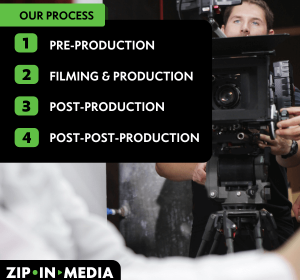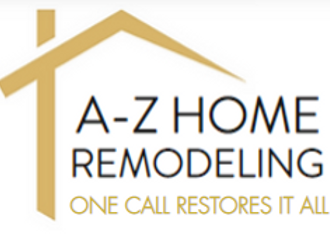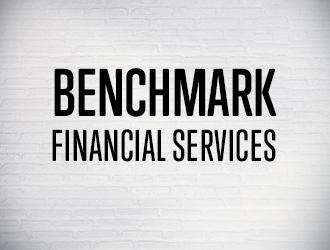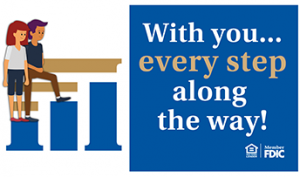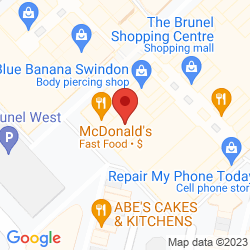There’s nothing quite like the feeling of being surrounded by the energy and excitement of live music. And when it comes to New Braunfels live music events , this charming Texan city has much to offer. Whether you’re a die-hard music lover or just looking for a fun night out, attending a concert is a great way to immerse yourself in a vibrant atmosphere and create unforgettable memories. So if you’re ready to grab your tickets, here are some tips for truly enjoying a concert experience unlike any other.
Dress Comfortably and Prepare for the Outdoors
When planning your concert outfit, comfort should always be a top priority. With the Texas heat and humidity, it’s important to choose lightweight and breathable clothing that will keep you cool and comfortable all night long. Also, keep in mind that many concerts take place outdoors, so don’t forget to pack sunscreen, a hat,

